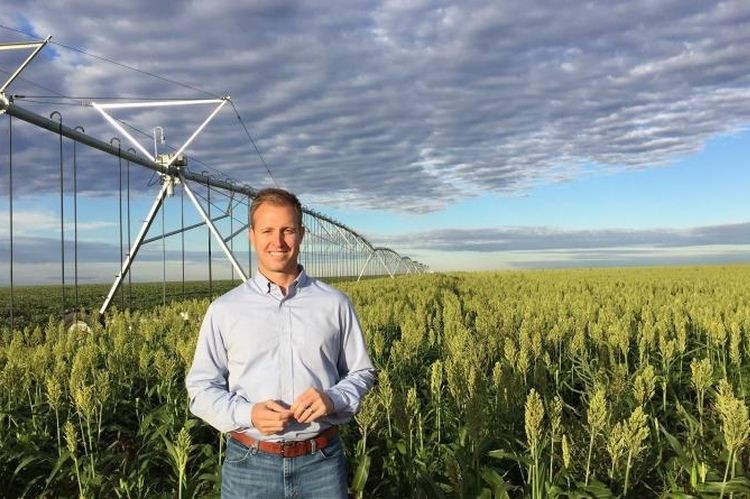GUEST ARTICLE: Don’t let the Dirty Dozen scare you... pesticide residues in perspective

The Environmental Working Group (EWG) recently released a ‘Dirty Dozen’ list of foods – which includes a list of produce with pesticide residues – to encourage the public to buy organic produce.
Purchasing choices are up to the individual, but they don’t need to be directed by fear.
The USDA’s public data makes it clear that our food supply, both organic and conventional, is safe, in part due to farmers’ dedication to responsible pesticide use.
The government also regulates pesticide use to reduce residues. Some produce has trace amounts, which can easily be eliminated by running it under water. To put it into perspective, a child could eat 340 apples in one day without any negative effect from pesticides, even if the apples have the highest residue recorded for apples by the USDA (check the Pesticide Calculator here).
If consumers have lingering doubts, take the Food and Drug Administration’s (FDA's) advice: just wash your produce. Washing food with water reduces or eliminates residue.
'In some cases, we can plant GMO, pest-resistant, crops around organic crops'
So, how can people decipher information from both sides when they’re buying food?
Pesticides are used to control weeds, insect infestations, and diseases.
People often believe that organic farmers don’t use pesticides, but they use non-synthetic pesticides to protect their crops.
Organic and conventional pest management systems have their own challenges and benefits.
In some cases, we can plant GMO, pest-resistant, crops around organic crops. This method is effective because the GMO plants act as a pest-resistant barrier around our organic crops. Because of this method, we have decreased our use of organic pesticides.
Pest problems in organic fields take a precise touch. Three years ago, we had a sugarcane aphid pest (small sap-sucking insect) in our sorghum field, and we had to use a pesticide, because if we didn’t, we would have lost our entire crop within 48 hours. That’s how fast the aphids will destroy that crop. We could have used some more natural forms of pesticides, but they have not been as successful at keeping the aphids under control.
With new technologies available on modern farms, pesticide management is more specialized than ever. Farmers use soil samples, crop consultants, and pesticide applicators to make sure that the exact amount is going into the right place at the precise time.
Neither conventional nor organic food is ‘dirty’
Because I farm both organic and non-organic crops, I see both practices from a soil health perspective. I really focus a lot of my farming on keeping the soil flourishing, because it’s going to be here after I’m long gone.
At the end of the day, whether you’re planting organic crops or conventional, we’re all farmers.
I’m very sensitive to the practices that I’m using to preserve the land and the environment in both organic and non-organic farming. And thanks to diligent American farming practices, neither conventional nor organic food is ‘dirty’.
In reality, these foods are healthy, nutritious, and grown by passionate farmers who care what they’re feeding their families and customers.
Jeremy Brown farms 3,000 acres in Texas. He farms both organically and conventionally, growing cotton, wheat, rye, grain sorghum, peanuts, and sesame. All opinions expressed are his own. Funding was from one or more checkoff programs.















